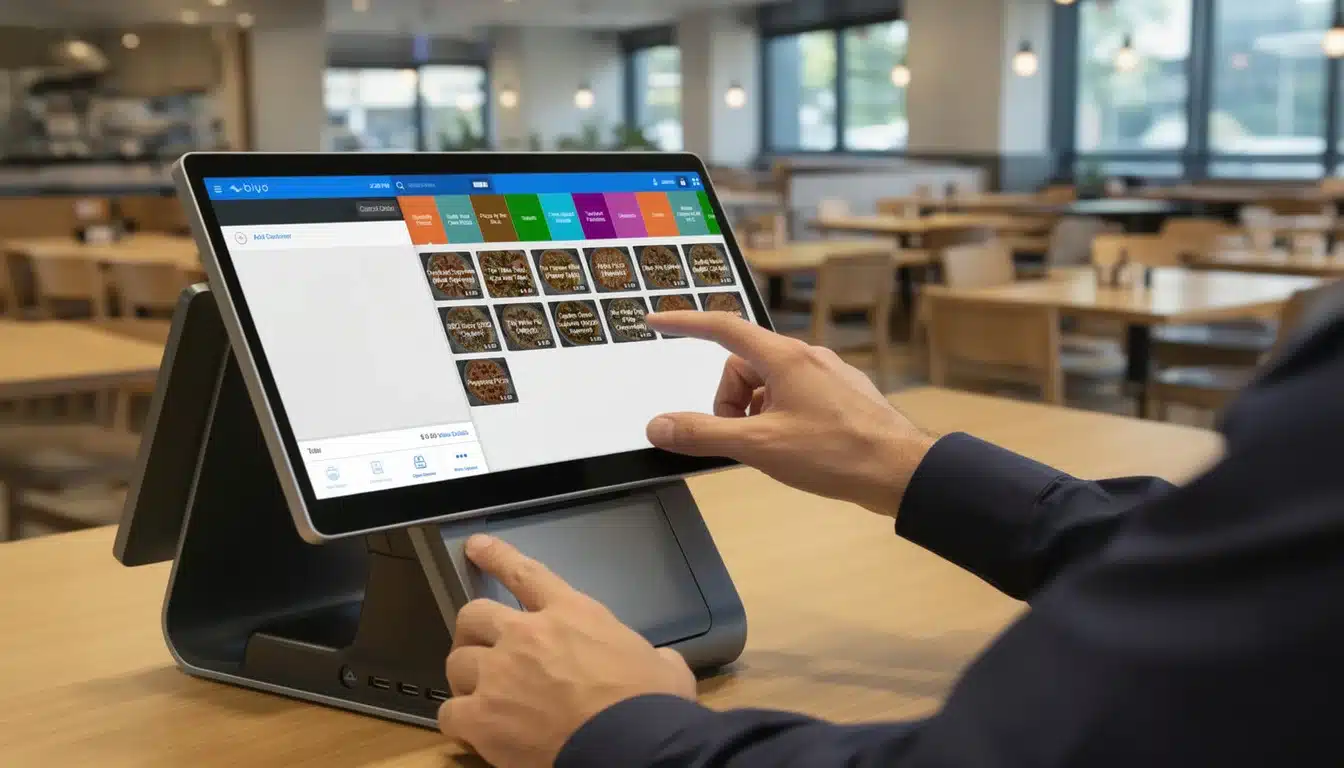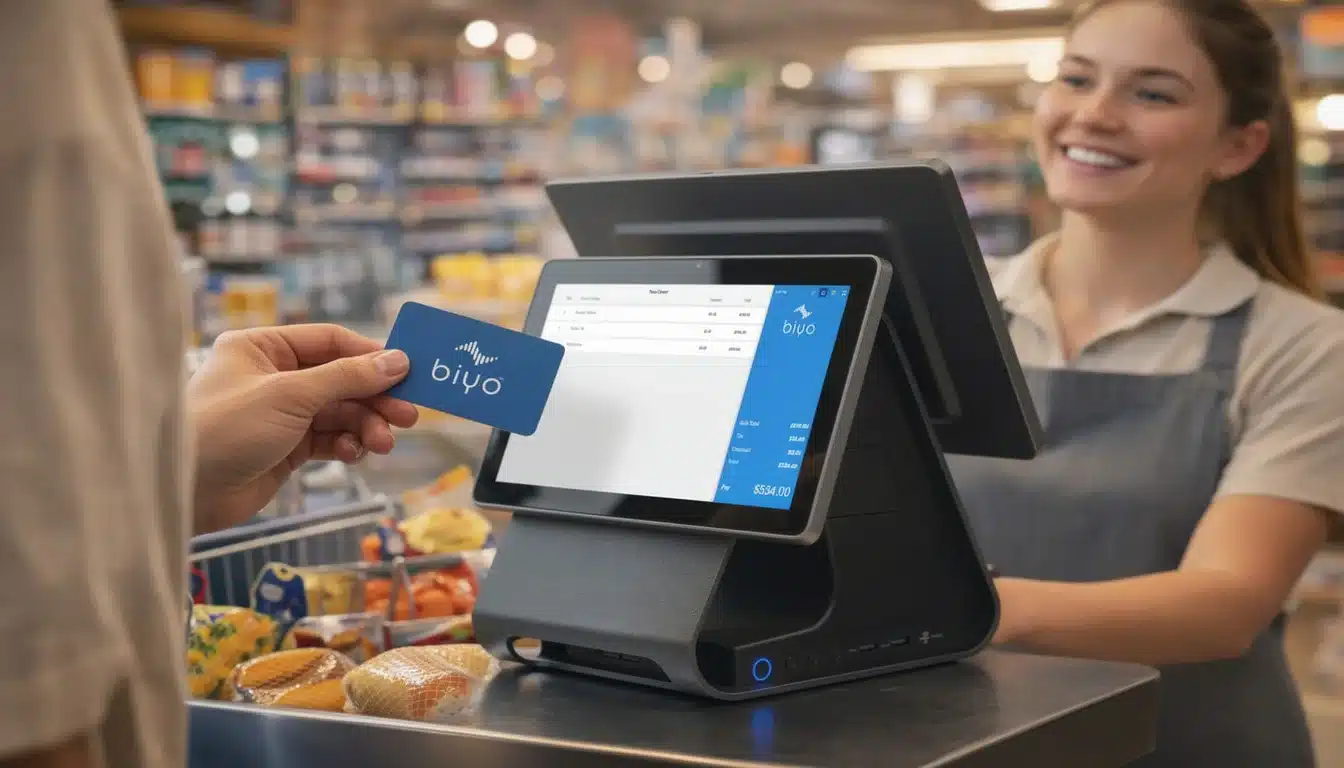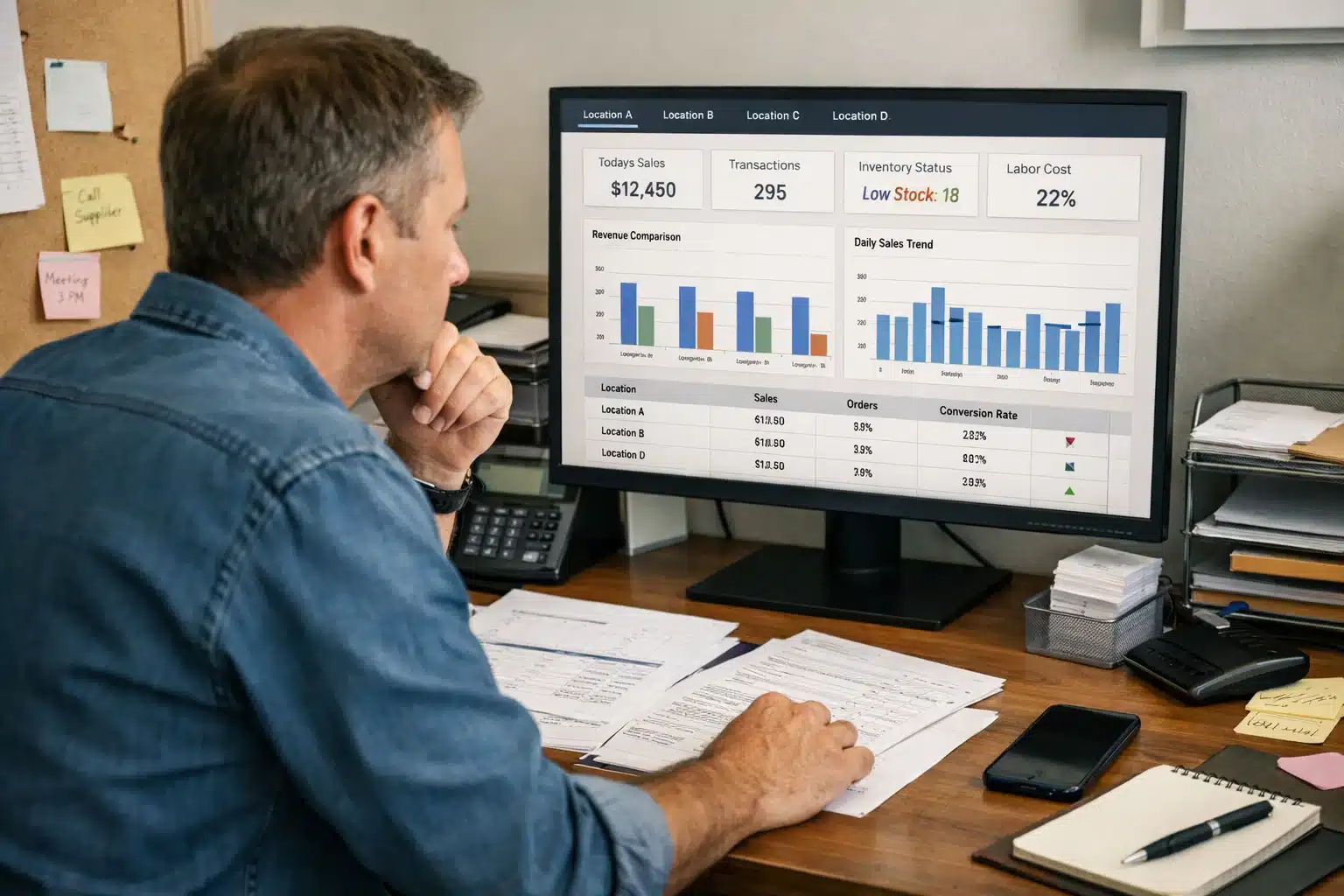Liquor License in West Virginia: Your Complete Guide to Alcohol Permits
Obtaining a liquor license in West Virginia is crucial for any business that serves alcohol. Whether you are opening a bar, restaurant, or brewery, understanding the state’s liquor laws is essential. This guide will walk you through the process of applying for a liquor license in West Virginia, the different types available, and the related fees and regulations. If you plan to serve alcohol, you need to know the permit and compliance rules in the state.
Table of Contents
- Overview of Liquor License Types in West Virginia
- How to Apply for a Liquor License in West Virginia
- Liquor License Fees and Regulations in WV
- Understanding Alcohol Compliance and Control
- Common Mistakes to Avoid When Applying for a Liquor License
- FAQ about Liquor Licenses in West Virginia
Overview of Liquor License Types in West Virginia
West Virginia offers a variety of liquor licenses, depending on the type of business and how alcohol is sold. Each license comes with specific requirements and rules that must be followed.
Bar License in West Virginia
If you plan to run a bar, you will need a bar license in WV. This license permits you to sell alcoholic beverages for consumption on the premises. The application requires documents like proof of business ownership, a background check, and confirmation that your bar is in an area where alcohol sales are allowed. After approval, you must follow rules regarding operating hours and the types of alcohol served.
The West Virginia Alcohol Beverage Control Administration (WV ABC) inspects bars to ensure they comply with the state’s laws. Violating these regulations can lead to fines or a revoked license. It is important to stay informed about changes in alcohol laws to avoid penalties.
Restaurant Liquor Permit in West Virginia
Restaurants must also comply with zoning regulations to serve alcohol. These rules prevent businesses from selling alcohol in areas where it might cause public disturbances. Like bar licenses, restaurant liquor permits are also subject to inspections by the WV ABC to ensure compliance with the law.
Private Club License in West Virginia
A private club license is required for clubs, lodges, and similar organizations wishing to sell alcohol to members. This license restricts alcohol sales to members and their guests. To obtain a private club license, you need to provide proof of membership and confirm that your club meets local and state alcohol laws.
Private clubs must maintain a registry of their members. Only members and their guests may purchase alcohol. Additionally, private clubs can only open to the public during special events. You must register these events with the WV ABC and comply with their guidelines to stay compliant.

How to Apply for a Liquor License in West Virginia
The liquor license application process in West Virginia can be complex. You will need to submit a complete application and meet specific requirements to receive approval. Below is a step-by-step guide to help you navigate the process.
Prepare the Required Documents
To apply for a liquor license, gather all necessary documents. These typically include proof of your business’s legal structure (e.g., corporation or LLC), a lease agreement or proof of property ownership, and a financial statement showing your ability to operate the business. You must also provide criminal background checks for all business owners and key staff members.
You will also need a zoning permit, confirming your location is approved for alcohol sales. If your business is in a residential area or near a school, zoning laws may prohibit you from obtaining a liquor license. Consult with your local zoning board to resolve any potential issues before applying.
Submit Your Application
After preparing your documents, submit your liquor license application to the West Virginia Alcohol Beverage Control Administration (WV ABC). You can complete this application either online or in person. Be sure to complete every section accurately and include all required documents. Incomplete applications may lead to delays or rejection.
The application fee varies depending on the license type. Pay this fee promptly to avoid delays. Keep in mind that different types of licenses, such as bar licenses or restaurant liquor permits, have different fees.
Wait for License Processing
Liquor license processing in West Virginia can take from several weeks to several months, depending on the complexity of your application and the type of license requested. During this time, the WV ABC reviews your submission, conducts background checks, and may inspect your establishment. Once approved, you will receive your license, which allows you to legally sell alcohol.
Liquor licenses are typically valid for one year. Ensure that you track renewal dates and submit renewal applications on time to avoid any gaps in your ability to sell alcohol.
Liquor License Fees and Regulations in WV
Each liquor license type comes with a different fee structure. Understanding these fees and regulations is essential for budgeting and ensuring compliance.
Liquor License Fees in West Virginia
The fees for a liquor license in West Virginia depend on the type of license you apply for. Bar licenses, restaurant liquor permits, and wholesale liquor licenses all have different costs. These fees are typically paid annually, with additional fees for permits or background checks.
Private club licenses often have lower fees, while wholesale liquor licenses may be higher. Check with the WV ABC for the most up-to-date fee information and ensure you submit the correct amount. If you pay the wrong fee, your application may be delayed or rejected.
WV Alcohol Control Laws and Regulations
West Virginia has strict alcohol regulations to ensure safe and legal sales. The state enforces rules on hours of operation, the types of alcohol sold, and the legal drinking age. These regulations protect public safety and promote responsible alcohol consumption.
Alcohol sales in West Virginia are restricted during specific hours, especially on Sundays and holidays. The exact hours depend on local municipalities. Check with the WV ABC to understand which rules apply to your location and license type.
Liquor License Renewal in WV
Liquor licenses in West Virginia are valid for one year, after which you must renew your license. The renewal process requires you to submit a new application, pay the renewal fee, and ensure that your business complies with all state and local alcohol laws.
Businesses with no violations can generally expect a smooth renewal process. However, if your business has faced penalties or violations, the WV ABC may review your past inspections or issue corrective actions, delaying the renewal approval.
Understanding Alcohol Compliance and Control
To maintain your liquor license, you must comply with all West Virginia alcohol laws. The West Virginia Alcohol Control Board (WV ABC) is responsible for overseeing alcohol-related activities. They ensure businesses follow laws concerning the sale, distribution, and consumption of alcohol.
WV Alcohol Tax Regulations
As a liquor license holder, you must adhere to WV alcohol tax regulations. These laws determine how much tax you pay on alcohol sales. The tax rate depends on the volume and type of alcohol sold. Maintain accurate records of alcohol sales to ensure timely tax payments and avoid penalties.
Failure to comply with tax regulations can result in fines or the suspension of your liquor license. Many businesses use point-of-sale systems like Biyo POS to track alcohol sales and ensure accurate tax calculations.
WV Spirits License and Requirements
If your business sells spirits, you need a specific WV spirits license. This license allows you to sell distilled alcohol, such as whiskey, rum, and vodka. To obtain a spirits license, you must meet certain criteria set by the WV ABC. You must prove that your business has the infrastructure to store and serve spirits safely and in accordance with state laws.
Businesses holding a spirits license are also subject to routine inspections. It’s essential to follow all rules regarding storage and service to avoid losing your license.
WV Special Event Permit
A WV special event permit allows businesses to serve alcohol at one-time events, such as festivals or weddings. To apply, submit event details and ensure that the venue complies with local laws. Special event permits are temporary, typically valid for one day or one weekend, depending on the event.
The WV ABC requires detailed event planning, including the number of guests, the layout, and alcohol service arrangements. Apply well in advance to secure the permit and ensure compliance with alcohol regulations.
Common Mistakes to Avoid When Applying for a Liquor License
While applying for a liquor license is straightforward, many business owners make common mistakes that cause delays or rejections. Here’s how to avoid these errors:
Submitting an Incomplete Application
One of the most frequent mistakes is submitting incomplete applications. Missing documents, such as zoning permits or financial statements, can delay or even reject your application. Double-check all fields on your application and ensure you provide the required documents.
If you’re uncertain about any requirements, contact the WV ABC for guidance or consult a professional. It’s better to ask for help than submit an incomplete application.
Missing Deadlines for Renewal
Missing the renewal deadline for your liquor license can result in suspension of your alcohol sales privileges. Late fees and penalties can also apply. Make sure to mark your calendar and start the renewal process early to avoid missing the deadline.

Maintaining your liquor license in West Virginia requires ongoing attention to legal and regulatory requirements. Biyo POS can help streamline your liquor license management with easy-to-use point-of-sale systems that track alcohol sales, ensure compliance, and simplify reporting.
FAQ about Liquor Licenses in West Virginia
1. What is the cost of a liquor license in West Virginia?
The cost of a liquor license in West Virginia varies depending on the type. For example, bar licenses and restaurant liquor permits cost between $500 and $2,000 annually, while wholesale licenses may cost more. Contact the WV ABC for specific fee details.
2. How long does it take to get a liquor license in West Virginia?
Getting a liquor license in West Virginia can take anywhere from a few weeks to several months. The processing time depends on the type of license and how complete your application is.
3. Can I apply for a liquor license if I have a criminal record?
It is possible to apply for a liquor license with a criminal record, but it depends on the offense and how much time has passed. The WV ABC conducts background checks and may deny applications based on certain convictions.
4. What types of liquor licenses are available in West Virginia?
West Virginia offers several types of liquor licenses, including bar licenses, restaurant permits, wholesale liquor licenses, and private club licenses. Each license has different rules and requirements, so it’s important to choose the one that fits your business.
5. How do I renew my liquor license in West Virginia?
Liquor licenses in West Virginia must be renewed annually. Submit a renewal application, pay the fee, and confirm that your business complies with state alcohol laws. Make sure to renew your license before it expires to avoid any interruptions in alcohol sales.




